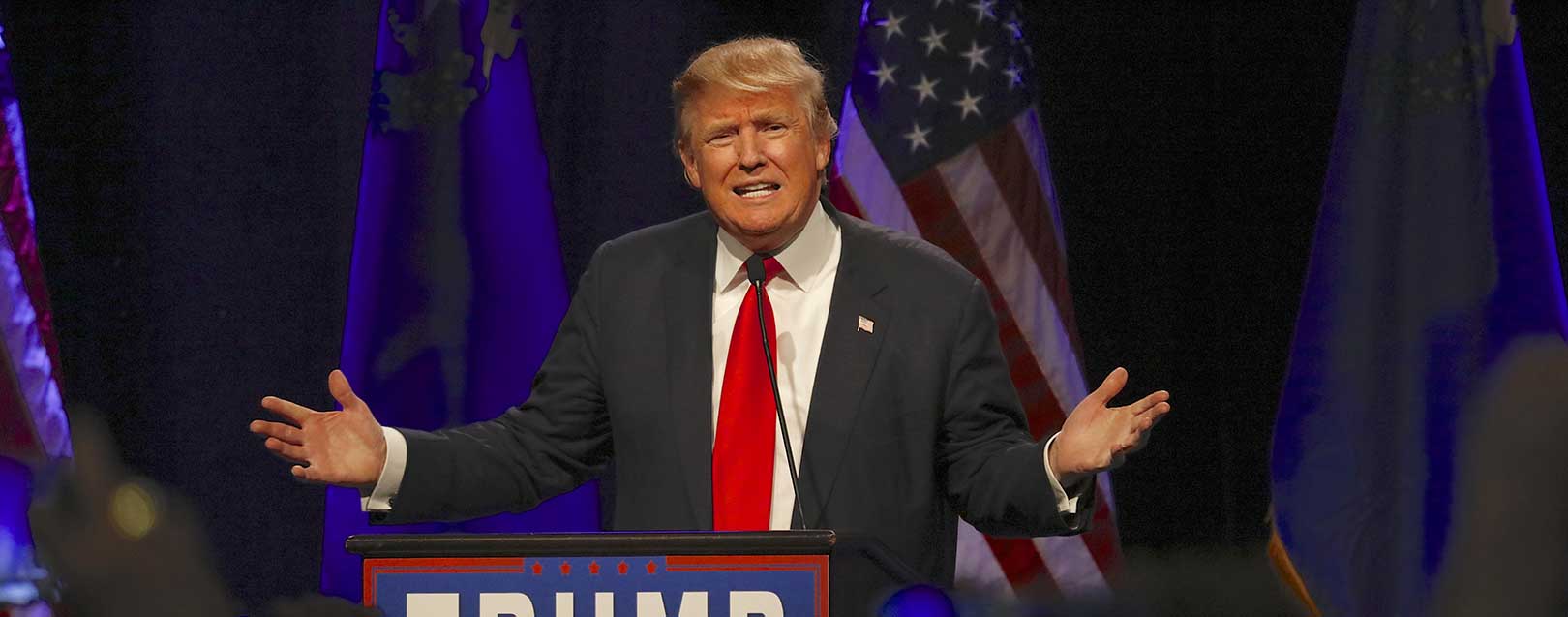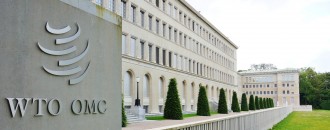
Trump as President: What it means for India-US trade relations
The Dollar Business
Shattering global expectations and quite contradictory to earlier predictions, Donald Trump on Wednesday won the US President Election 2016, a much keenly observed event, which many economists and market analysts projected, has left the global trade and economy on an uncertain path.
The Republican nominee and soon-to-be sworn as the American President nearly decimated his opposition and Democratic Presidential candidate Hillary Clinton, and registered a victory despite series of controversies; all emanating from his surreal ideologies that drew criticism from his extreme trade policies, racist and sexist comments, and anti-Muslim and anti-Mexican speeches.
From the time when the voting count began till the result was announced, the global financial markets continued to remain on edge, as the European stock market fell after a major sell-off in Asia and Dow fell more than 800 points, leaving the financial experts fearing global instability. This continued until Trump reassured the markets with his presidential speech. Calling his vision a project of ‘national growth and renewal’, Trump vowed to use his experience to help the country and pledged a new infrastructure spending mission to boost the American economy.
Ever since Trump started his ferocious yet rhetoric campaign for the 2016 election, he rarely spoke anything bitter about Indians, India or the Indian-American community in the US. While the US – India relationship, which Barack Obama and his Indian counterparts have been able to forge deeper through their collaborations in a wide range of areas including defence, business, politics and people-to-people contact, seemed to have been going on a right direction in the past, the Trump-administration, too, has not given any indication of halting the progress.
Just after the US Election result was announced, India’s Prime Minister Narendra Modi took to twitter to congratulate Trump and to underscore India’s commitment to working with the India-US bilateral relations. His message said, “Congratulations @realDonaldTrump on being elected as the 45th US President. We appreciate the friendship you have articulated towards India during your campaign. We look forward to working with you closely to take India-US bilateral ties to a new height,” Modi said in a series of tweets.
Hailing Trump’s victory, the Indian industry body ASSOCHAM said, “India Inc looks forward to taking the bilateral economic engagement to a greater level under the new administration. India Inc can join hands with the Trump Administration in the building of the US infrastructure projects. The Indian industry has always been a great companion for the US industries in terms of enhancing value even to American jobs. A great number of Indian companies servicing the US have been employing the local Americans even as they add to the value proposition in their businesses.”
“We saw a different Trump who as President-elect of the United States of America sounded so conciliatory and sober promising a fair deal with the rest of the world. His words appeared so convincing that the financial markets which were nervous in the beginning recovered quite a ground rightly hoping that the Republican inmate of the White House has a great plan for America up his sleeve,” ASSOCHAM President Sunil Kanoria said.
Impact on Trade
America’s current trade continued to be major talking points in Trump’s speeches and debates. His vision “#MakeAmericaGreatAgain” was also a result of his outdated and conservative views of global trade. Trump has always been against promoting free trade amongst the countries, as he thinks this kind of trade arrangement has been robbing the Americans of their jobs, and instead he plans to implement tariffs and quotas. Any tariff or quota he implements on America’s trade with China or Mexico will in some way also affect India as well. Trump has also opposed the work that is outsourced by the USA to India. If he proposes a restrictive measure, this would have a direct and colossal impact on the US’s services trade with India.
Trump has also emphasised on curbing cheap Chinese imports reduce the trade deficit with China that stood at $365 billion in 2015. The US’s imports of computer hardware and telecommunication equipment touched almost $100 billion last year. In comparison to that, India’s computer hardware and telecom equipment exports to the US stood at just about $2 billion. If Trump plans to curb American import of computer hardware and telecom equipment from China, then this would open up opportunities for India. India’s biggest exports to the US over the years have been gems and diamonds, followed by pharmaceuticals pegged at $66 billion, while China exports pharmaceutical products worth $10 billion. Trump’s decision to curtail China could have a positive impact on Indian exports to the United States.





